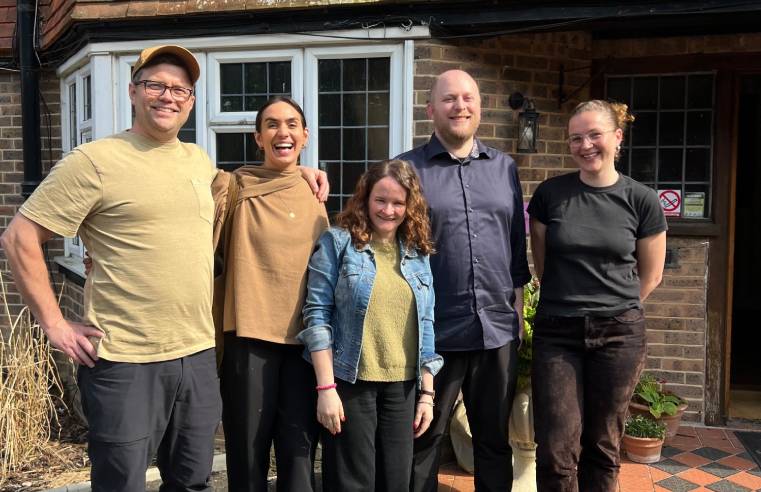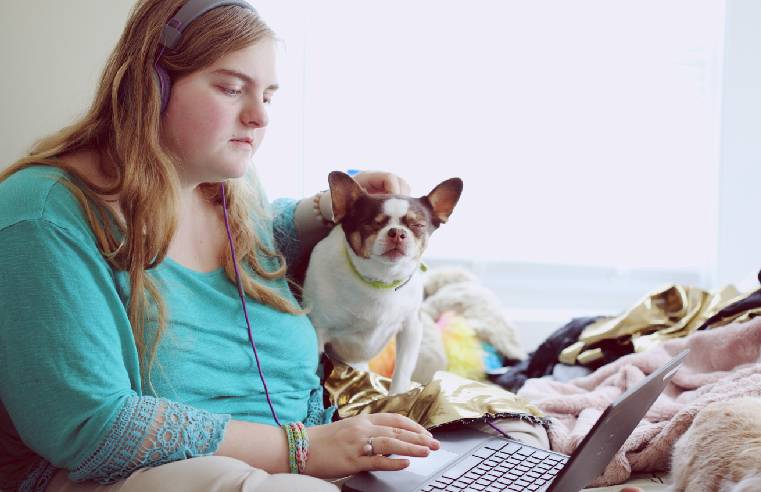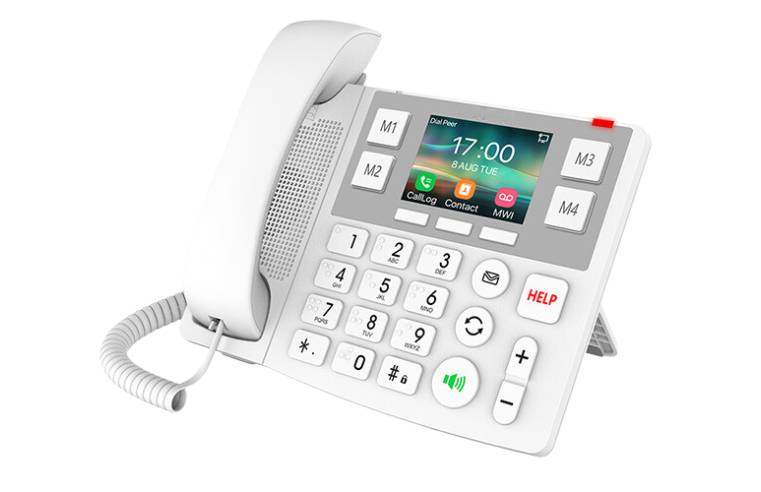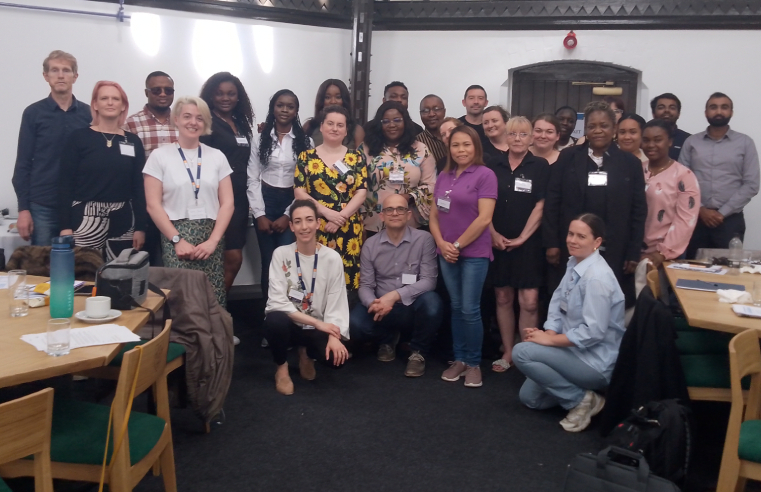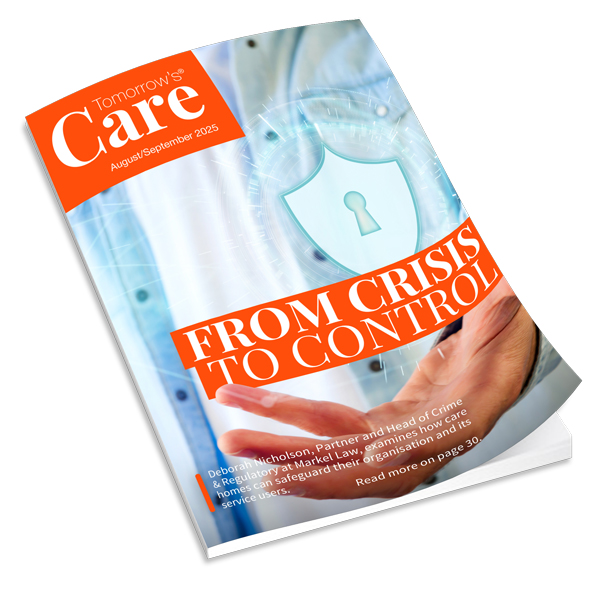Breakthroughs in the understanding of the development of autism and other behavioural conditions could be made thanks to a new laboratory which will be used to study toddlers, funded in part by the CareTech Foundation.
Research at the £3.7m Wohl Wolfson ToddlerLab at Birkbeck, University of London, will increase the understanding of developmental disorders. The research could lead to new interventions, transforming the outlook for people with these conditions.
The CareTech Foundation has announced that it is supporting the new ToddlerLab with a grant of £250,000. The new facility will allow researchers to study toddlers while they engage in games and other everyday behaviours with passive sensors on their scalps to register brain activity.
Using the latest wireless technologies, the Wohl Wolfson ToddlerLab will enable the advanced scientific study of brain development for children from 18 months to three or four years in an environment simulating familiar surroundings for toddlers. Studying brain activity during sleep will also be possible, meaning scientists will be able to collect valuable data about how sleep impacts on child development.
One example of the cutting-edge technology in the ToddlerLab is a virtual environment known as the “CAVE”. Using Hollywood techniques, CAVE simulates real-world surroundings, such as a farm or a supermarket, and monitors how toddlers’ brain activity changes depending on the world around them.
The ToddlerLab will build on discoveries made at Birkbeck’s BabyLab. The BabyLab has led to breakthroughs in the understanding of babies’ brain development but its facilities are less suited to studying toddlers, who require more space as they carry out various daily activities, including walking and playing.
Research previously carried out at the BabyLab has included a study showing that babies who react more strongly to sudden changes in light intensity may be more likely to later be diagnosed with autism spectrum disorder.
Janet Parsons is a PhD researcher at the BabyLab and also the mother of a child with autism. She’s enthusiastic about how the ToddlerLab’s research will make a difference to parents like her.
Janet said: “We first realised Alex was different between the ages of one and two. He rarely responded to his name and, although he said a few first words on schedule, he never joined them into phrases. Increasingly, we noticed similarly-aged friends’ children following simple instructions, whereas Alex often seemed unaware someone was talking to him. Eventually he was given an autism diagnosis at three years.
“We were told early intervention was essential for Alex to make gains. However, we were equally told what worked for one child may not work for another and there was little research evidence into different interventions’ effectiveness.
“The ToddlerLab can help us understand how developmental disorders evolve. This will not only help children with developmental disorders to be more able to learn but also, and just as importantly, it will help parents and schools to be more able to teach them.”
www.caretechfoundation.org.uk
You are here
- Home
- >
- Technology
- >
- CareTech Autism Foundation
CARETECH FOUNDATION FUNDS NEW ‘TODDLERLAB’ FOR AUTISM RESEARCH
.jpg)
Published on 10/07/2019
Related News
Categories
- CQC ratings
- Care home news
- Care jobs
- Care planning
- Care sector awards
- Care sector events
- Care sector news
- Care staff
- Charity
- Cleaning & Hygiene
- Construction
- Dementia
- Disability
- Entertainment
- Finance
- Fitness
- Food & Drink
- Fundraising
- Furniture
- Health & Safety
- Healthcare
- Hospice & Palliative Care
- Hospitals
- Industry Comment
- Interiors
- Laundry
- Legal
- Leisure
- Medication
- Mental Health
- Mobility
- New appointments
- PPE
- Products
- Property
- Recruitment
- Relationships
- Research
- Safeguarding
- Security
- Services
- Social care
- Sustainability
- Technology
- Training
- Transport
- Uniforms
- Waste
- Wearables






